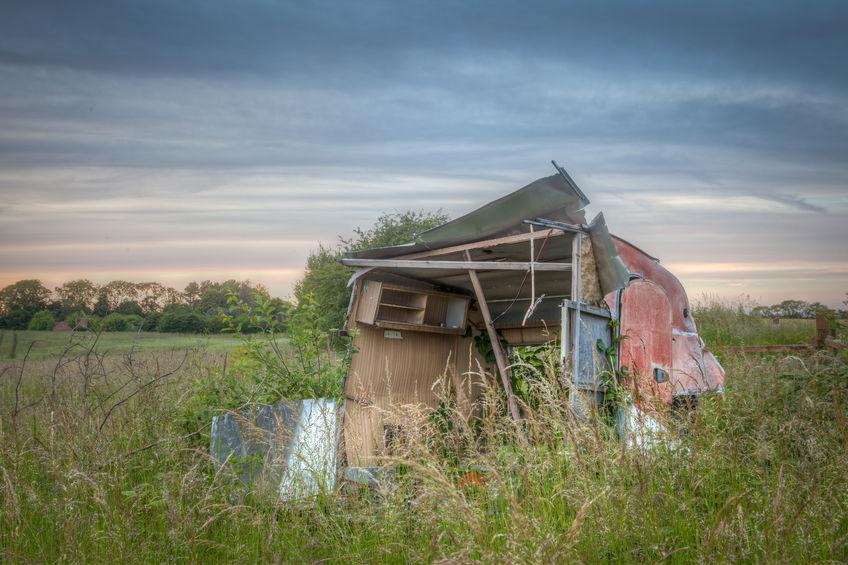
Councils could gain new powers to tackle fly-tipping, which has been described as the 'scourge' of the countryside.
The government is considering new proposals to introduce hefty new fines for people who commit illegal dumping of rubbish.
The proposals will specifically target people caught using unlicensed waste carriers.
The Defra consultation has also suggested new powers for Environment Agency officers to lock gates or block access to problem waste sites to prevent thousands of tonnes of waste illegally building up.
Environment Minister Therese Coffey said: “Waste crime and fly-tipping blight our communities and spoil our countryside, and we need determined action to tackle it.
“These new powers for the Environment Agency will curb the rise of waste sites that continue to operate outside the law.
“But we must all take responsibility for our waste to make sure it does not end up in the hands of criminals who will wilfully dump it.”
The consultation launched on Monday (15 January), and it will also scrutinise how the waste sector performs.
The proposals need to pass a vote in Parliament, which will commence this spring.
'Scourge of the countryside'
Recently-released figures from Defra revealed that more than one million incidents of fly-tipping were dealt with by councils in England in 2016-17, costing taxpayers nationally £58m to clear up.
There was a 7% rise in incidents – the fourth year in a row that incidents increased.
Farmers who fall prey to this crime are having to shoulder the burden, responsible for meeting the cost of clearing rubbish from their land themselves – at an average cost of £1,000 per incident, according to Insurance specialists Lycetts.
Photos sent to the National Farmers Union (NFU) show it’s not just large domestic items such as washing machines, fridges, sofas, mattresses and furniture, but also clinical waste and rubbish from construction and demolition.
NFU Deputy President Minette Batters said the solution was better collaboration between all those affected parties.
“Fly-tipping is the scourge of the countryside - clearly we are disappointed that the number of fly-tipping incidents has increased,” she said.
“Farmers are fully aware of the impacts this can have on farm and the wider countryside, as well as the high costs and stress that can come along with it. This can run into thousands of pounds and can see farmers being forced to deal with the aftermath themselves.”
'Fed up'
CLA President Tim Breitmeyer said fly-tipping is not a victimless crime, and it affects almost two thirds of private landowners and blights the countryside.
“We are fed up of clearing away other people’s rubbish and paying for the privilege,” Mr Breitmeyer explained.
“We have had a robust response from the Government to our fly-tipping action plan designed to tackle this anti-social behaviour so that farmers and landowners are not unfairly out of pocket.
“Enforcing fines for home and business owners whose waste is found in fly-tipped locations is just one area our plan focused on, so we are pleased to see this form part of the Government’s proposals to act as a deterrent and encourage waste disposal through legal channels.
“The Government, local authorities and the Environment Agency must work together with farmers and landowners to help reduce fly-tipping on private rural land. It’s a vicious cycle of costly clean-ups by the victims who bear the burden of waste crime.”
